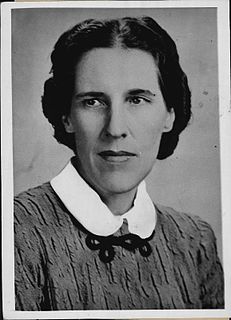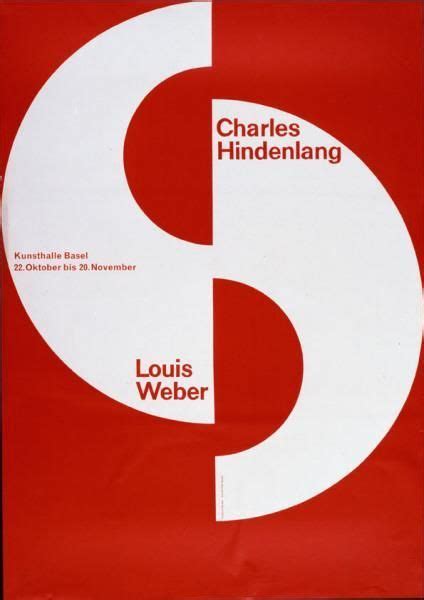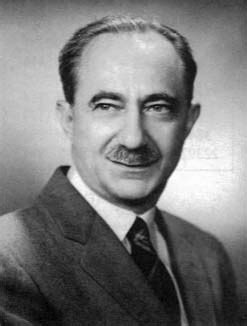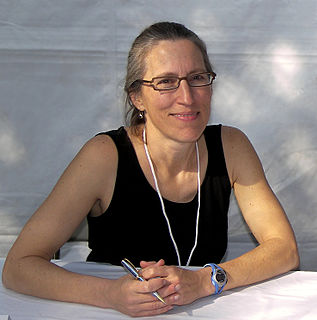Top 1200 Printed Books Quotes & Sayings
Explore popular Printed Books quotes.
Last updated on April 14, 2025.
Some day, as soon as a book is printed it will be simultaneously put into digital form. That will be a wonderful research tool, but it will never substitute for holding the book. I feel certain that at least within my lifetime, everyone will still be going to the bookstore and buying printed books. Thank God I'll die before I have to worry about whether the printed book itself will disappear. That's something I don't want to live to see.
It had been startling and disappointing to me to find out that story books had been written by people, that books were not natural wonders, coming up of themselves like grass. Yet regardless of where they come from, I cannot remember a time when I was not in love with them - with the books themselves, cover and binding and the paper they were printed on, with their smell and their weight and with their possession in my arms, captured and carried off to myself. Still illiterate, I was ready for them, committed to all the reading I could give them.
In a world of intrusive technology, we must engage in a kind of struggle if we wish to sustain moments of solitude. E-reading opens the door to distraction. It invites connectivity and clicking and purchasing. The closed network of a printed book, on the other hand, seems to offer greater serenity. It harks back to a pre-jacked-in age. Cloth, paper, ink: For these read helmet, cuirass, shield. They afford a degree of protection and make possible a less intermediated, less fractured experience. They guard our aloneness. That is why I love them, and why I read printed books still.
Today we are inundated with such an immense flood of printed matter that the value of individual work has depreciated, for our harassed contemporaries simply cannot take everything that is printed today. It is the typographer's task to divide up and organize and interpret this mass of printed matter in such a way that the reader will have a good chance of finding what is of interest to him.
I ceased in the year 1764 to believe that one can convince one’s opponents with arguments printed in books. It is not to do that, therefore, that I have taken up my pen, but merely so as to annoy them, and to bestow strength and courage on those on our own side, and to make it known to the others that they have not convinced us.
. . . [Y]ou must understand that we have always considered the writing of books a hindrance to our work, and that for this reason the custom was not to be introduced into the Company. However, since no rule, however general, does not have some exception, we shall see whether it is advisable to have yours printed.
It is my ambition to be, as a private individual, abolished and voided from history, leaving it markless, no refuse save the printed books. [] It is my aim, and every effort bent, that the sum and history of my life, which in the same sentence is my obit and epitaph too, shall be them both: he made the books and he died.
Only idiots or snobs ever really thought less of 'genre books' of course. There are stupid books and there are smart books. There are well-written books and badly written books. There are fun books and boring books. All of these distinctions are vastly more important than the distinction between the literary and the non-literary.
I think my image gets distorted in the public's mind. They don't get a clear or full picture of what I'm like, despite the press coverage I mentioned early. Mistruths are printed as fact, in some cases, and frequently only half of a story will be told. The part that doesn't get printed is often the part that would make the printed part less sensational by shedding light on the facts.
The Library didn't only contain magical books, the ones which are chained to their shelves and are very dangerous. It also contained perfectly ordinary books, printed on commonplace paper in mundane ink. It would be a mistake to think that they weren't also dangerous, just because reading them didn't make fireworks go off in the sky. Reading them sometimes did the more dangeous trick of making fireworks go off in the privacy of the reader's brain.
I pledge to set out to live a thousand lives between printed pages. I pledge to use books as doors to other minds, old and young, girl and boy, man and animal. I pledge to use books to open windows to a thousand different worlds and to the thousand different faces of my own world. I pledge to use books to make my universe spread much wider than the world I live in every day. I pledge to treat my books like friends, visiting them all from time to time and keeping them close.
One of the many things I love about bound books is their sheer physicality. Electronic books live out of sight and out of mind. But printed books have body, presence. Sure, sometimes they'll elude you by hiding in improbable places... But at other times they'll confront you, and you'll literally stumble over some tomes you hadn't thought about in weeks or years. I often seek electronic books, but they never come after me. They may make me feel, but I can't feel them. They are all soul with no flesh, no texture, and no weight. They can get in your head but can't whack you upside it.
The heroic books, even if printed in the character of our mother tongue, will always be in a language dead to degenerate times; and we must laboriously seek the meaning of each word and line, conjecturing a larger sense than common use permits out of what wisdom and valor and generosity we have. The modern cheap and fertile press, with all its translations, has done little to bring us nearer to the heroic writers of antiquity. They seem as solitary, and the letter in which they are printed as rare and curious, as ever.






















































